Bioethics Forum Essay
When to Reopen the Nation is an Ethics Question—Not Only a Scientific One
As the world reels from the Covid-19 pandemic, two things have become very clear: the health impacts of the disease are devastating, but the aggressive social distancing policies currently being used to flatten the curve also have serious costs. As a result, the question of when and how to reopen the nation is on everyone’s mind. Do we open quickly in an effort to kick-start the economy? Or do we remain under lockdown as long as possible to stop the spread of the virus?
Governors of several states have made a pact: “Health outcomes and science—not politics—will guide these decisions.” In their view, the question of how to respond to an infectious disease outbreak ought to be answered by science and medicine. And in one sense, the motivation for this statement is praiseworthy: the governors are publicly committing to prioritize the well-being of the entire community over a bump in the polls or advancing a narrow, partisan agenda.
In another sense, however, this statement misleads its audience. When and how we should reopen society cannot be determined by health outcomes and science alone; it requires ethical judgment, too. For this reason, we have developed a framework for evaluating the various reopening plans. The goal of this framework is to help local, state, and institutional policymakers choose a path forward. It does this, in short, by walking them through the process of identifying ethically relevant features of each policy proposal, understanding the various values at stake, and eventually articulating how those values are to be weighed against one another. In what follows, we offer a preview of that process.
What makes this an ethics question?
To be clear: science is indispensable in deciding how and when to reopen. We need to know about the epidemiology of the disease, how the virus works, and more. But deciding how to move forward is a decision about values, not just data.
Moreover, no matter what we do right now, there will be significant, tragic conflicts between values. Reopening the country will increase the spread of the virus, resulting in more strain on our hospitals and more lives lost to Covid-19. But indefinite social distancing would be catastrophic as well, as the closing of businesses and schools causes serious harms to the health, safety, and well-being of many people.
Although worries for the economy sometimes feel callous in the face of disease, the economy is not detached from human experience. Poverty and unemployment cause disease and death, especially for the least advantaged members of our society. And maintaining social distancing until we develop a vaccine, which could take years, would surely exacerbate poverty and high unemployment rates. In addition, extreme social distancing can have negative effects on childhood development, addiction and drug overdose rates, and domestic violence and child abuse.
What the costs of these options—maintaining a lockdown and reopening society—make clear is that whatever we choose, it will involve prioritizing certain kinds of harms over others. These are truly terrible trade-offs to consider, and deciding between them isn’t just a question of medicine, epidemiology, or economics. It’s a question about the fair distribution of benefits and burdens, and about the shared values that will shape our society for years to come.
It’s also a really hard question
Making such trade-offs is a difficult problem. But it’s even harder than it looks, because of significant uncertainty about the benefits and burdens of the available options.
We are confident that social distancing policies will reduce mortality from Covid-19, but there is significant uncertainty about how many lives will be saved by different sets of social distancing policies. Models guide these decisions, but these models are not crystal balls. If adopting a reopening plan requires making trade-offs, it’s understandable that we’d want to know precisely what we are trading; but that precision is not to be had.
Finally, even if we had the empirical certainty that we long for, there would remain deep moral disagreement about the trade-offs that must be made. Should we do whatever it takes to save the most lives in the short term? Or should we be willing to tolerate more mortality in the short run, if that keeps more people employed and out of poverty?
How to evaluate reopening plans
The ethics framework we have developed helps its user to think through these difficult issues. The steps, broadly, are to identify the various benefits and burdens of plans under consideration and then try to weigh them against one another.
In general, all serious proposals attempt to balance the risks from Covid-19 against the risks of continued aggressive social distancing. The goal is to reopen the economy while also minimizing risk from the virus. Recent reopening proposals call for testing millions of people daily, using cell phones to conduct instantaneous contact tracing, and maintaining some restrictions (especially on travel or large gatherings) while easing others.
But these proposals raise new worries and impose new costs that must be considered, as well. Digital contact tracing, for instance, would require most of the population to let their phones track their proximity to other people, alerting those who have been in contact with someone who has tested positive for Covid-19. This kind of tracking obviously raises significant privacy concerns—though the difficulty of the trade-off has led even staunch champions of civil liberties to admit uncertainty as to how to weigh the benefits and burdens of the proposal.
So what does this mean for our leaders?
Regardless of whether we acknowledge it, we make ethical judgments when we endorse a particular response to the pandemic. Our framework is designed to help users clarify their own value judgments, arrive at a considered view about what should be done, and transparently communicate their reasoning to others.
Transparent communication has special significance for policymakers. The governors who insist that science, not politics, will shape their policy are absolutely correct that when it comes to making profoundly consequential decisions like the ones they currently face, they owe it to their constituents to put aside narrow personal or partisan considerations. These governors also owe it to their constituents to engage in ethical reasoning about the competing values at stake for any policy choices, and to make this reasoning explicit.
Travis N. Rieder (Twitter: @TNREthx) and Anne Barnhill are research scholars at the Johns Hopkins Berman Institute of Bioethics. Justin Bernstein and Brian Hutler are Hecht-Levi Postdoctoral Fellows at the Berman Institute.

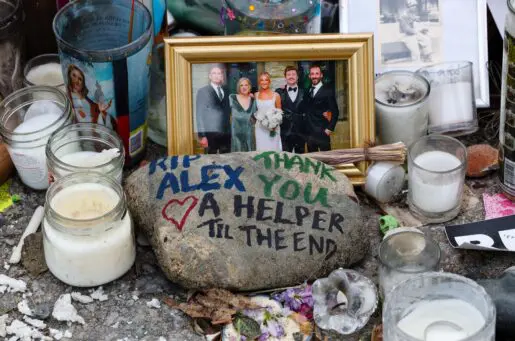
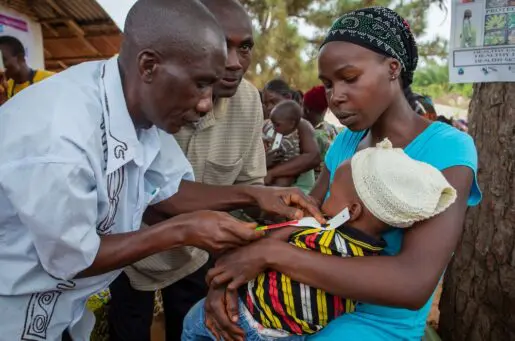
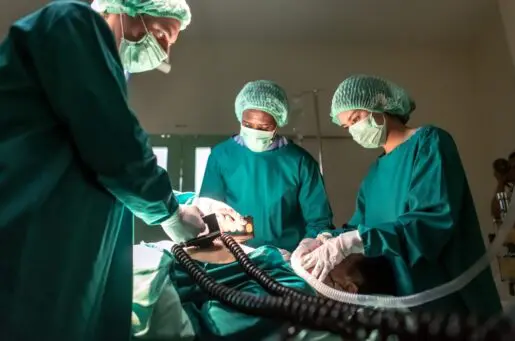


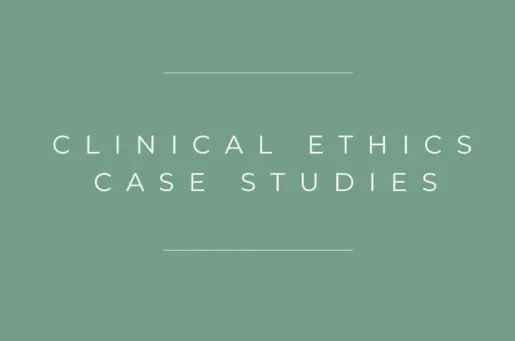

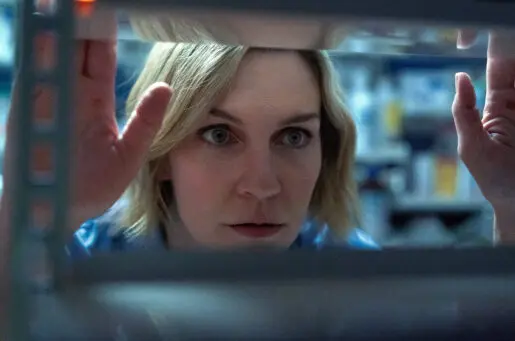
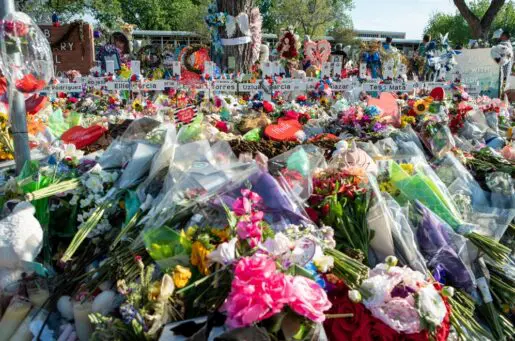

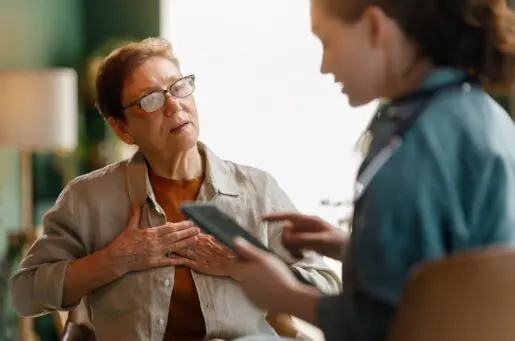
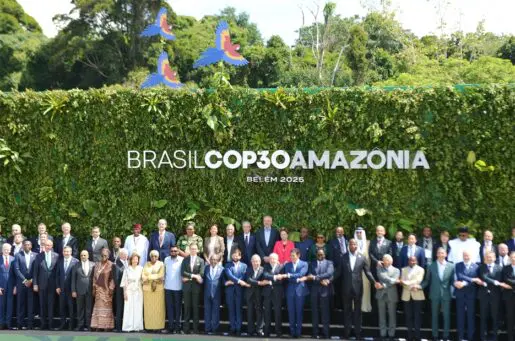
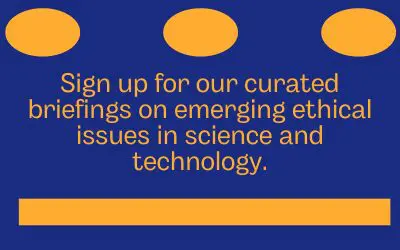
All our choices that matter have ethical components and this brief essay does an excellent job of pointing our attention to the critical ethical decisions decisions before us in coping with the Covid-19 pandemic. I also encourage everyone to read the working paper by these authors that is referenced in this brief essay. Harold T. Shapiro
Thank you for this thoughtful piece. I would just add that, to add to the complexity, the socioeconomic context matters: the consequences of reopenning or not in, for example, a sub-Saharan African country where the population is relatively young, and where most rely on daily wages to bring food to their children, will be very different in comparison to, for example, those in a wealthy northern European country with social security and a relatively older, more affluent population.
Lamentablemente, desde lo que sabemos de la historia de la humanidad, las Pandemias golpean a los más vulnerables. En mi País Chile, la cifra de desempleados y las cifras de extrema pobreza aumentarán significativamente, también como en otros países los viejos se verán más afectados . La prensa y las redes sociales casi no nos dicen nada de lo que pasa en África y en otras regiones, aunque en esta oportunidad, quizá, su perfil demográfico ojalá los protejan. Tomar decisiones político técnicas, en escenarios de gran incertidumbre, requieren de Gobernantes prudentes y que escuchando a todos, puedan tomar decisiones acordes al caso particular.